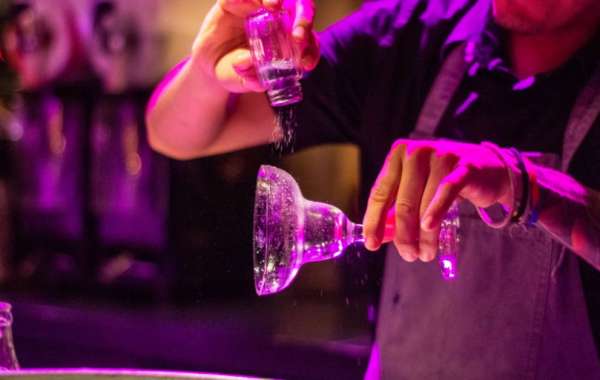Getting through Alcohol Detox will be easier if you clear your schedule and get help from friends and family. It’s also important to make it difficult to access alcoholic beverages in your home.
In the first 24 hours, a person will experience mild withdrawal symptoms such as nausea and agitation. Symptoms will gradually increase until they reach their peak, which is usually 48 to 72 hours after your last drink.
1. Get plenty of sleep
Sleep issues are one of the most common causes of exhaustion when someone quits drinking. Heavy alcohol drinkers are more prone to insomnia, obstructive sleep apnea, and other sleep disorders that lead to daytime fatigue. This is why it’s so important to get plenty of sleep in the days and weeks following your alcohol detox.
Getting enough sleep can help you cope with withdrawal symptoms, such as anxiety, restless leg syndrome and insomnia. It can also increase your energy levels so you can stay productive throughout the day.
Make sure to get a good night’s rest by turning off electronic devices, such as televisions and phones, at least an hour before bedtime. This will allow your body to prepare for sleep and suppress the natural melatonin production that can cause disturbances.
2. Stay hydrated
Drinking water throughout the day is a great way to stay hydrated. This will help prevent dehydration, which is a common side effect of alcohol detox. Try to drink at least 8 glasses of water per day, and add some flavor to your water with fresh lemon, fruit or vegetable juices for added nutrition.
It’s also important to avoid alcoholic beverages, as they can contribute to the development of cravings and addiction. To help you resist the temptation to drink, find healthy alternatives such as fruits, vegetables and whole grains.
Alcohol addiction changes the gut microbiome, which liberates toxins in the bloodstream that stimulate cravings and reduce the effectiveness of alcohol detox. Therefore, it is recommended to drink a lot of water and take a gut health supplement such as 2’-FL or HuMOLYTE during your alcohol detoxification. This will help to improve your chances of a successful alcohol detox and increase your chances of avoiding relapse.
3. Eat healthy
Regular alcohol use can deplete the body of vital vitamins and minerals. It is important to eat well during alcohol detox to replenish these nutrients.
Cravings for sugary foods often occur during alcohol detox due to decreased glucose and dopamine levels. Berries and other fruits have healthy natural sugars and can help satisfy these cravings. Fruits also provide plenty of vitamin C, folic acid and potassium.
Complex carbohydrates like whole grains are an excellent source of energy. They take a long time to digest and are rich in fiber, B vitamins and essential minerals.
Lean protein is a key nutrient during alcohol detoxification. It builds muscle and helps balance blood sugar, which reduces irritability and cravings. Fish, poultry, eggs, legumes and soy are all good sources of protein. Protein also contains amino acids, which are the building blocks of brain chemicals that affect mood and anxiety. Bone broth is an excellent protein source for those that cannot eat solid food during detox because of nausea and vomiting.
4. Stay motivated
Alcohol Detox takes a lot of dedication and commitment. If you find that your motivation is dwindling, remember why you made the decision to start the process in the first place and keep working at it.
Keeping a journal can be a good way to see how far you’ve come in recovery and remind yourself of why it is important to stay sober. Some people also find it helpful to write down a gratitude list, which can help boost their mood and enthusiasm.
Staying motivated can also mean avoiding situations or people that may trigger the urge to drink. For example, if you’re tempted to join your friends for their usual happy hour, try meeting up with people who don’t drink and socializing in other ways that don’t involve drinking. Building healthy relationships can also be a great source of motivation and can help you maintain a balanced life in recovery.







